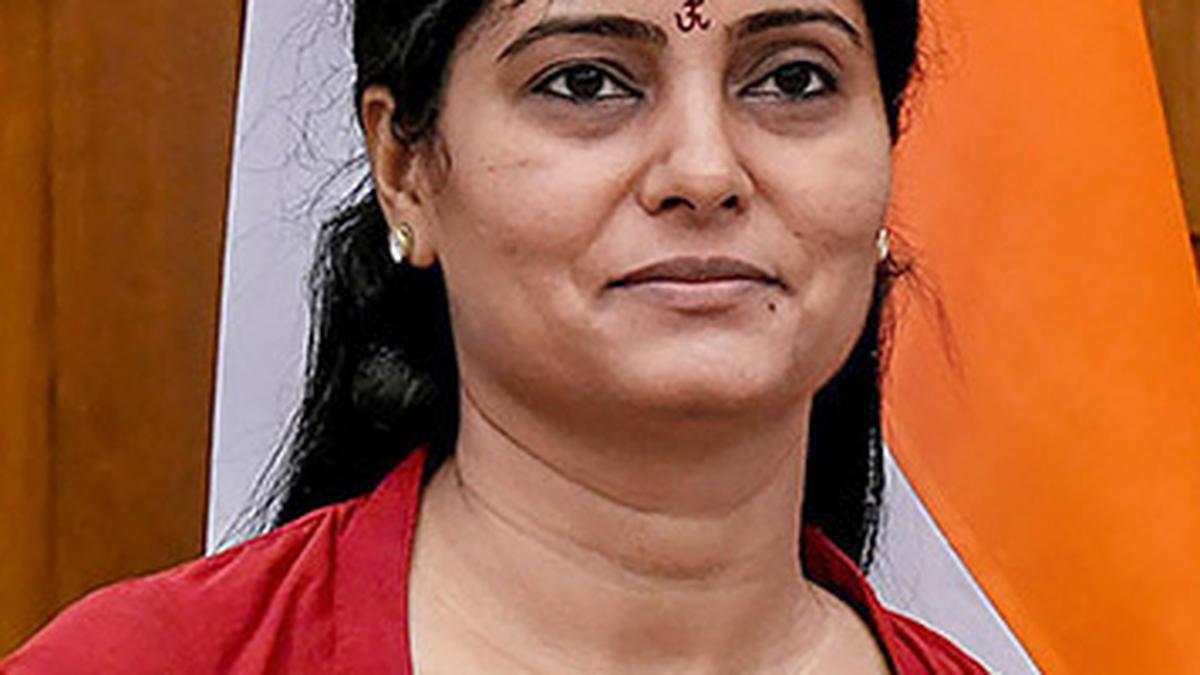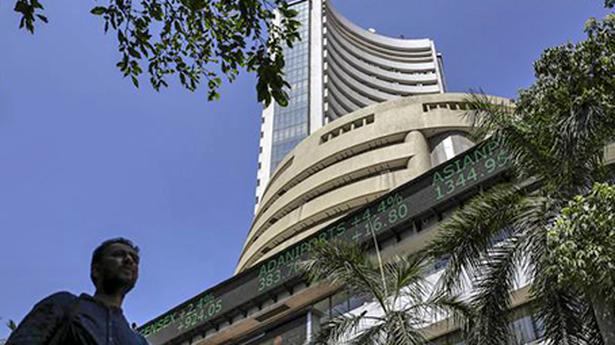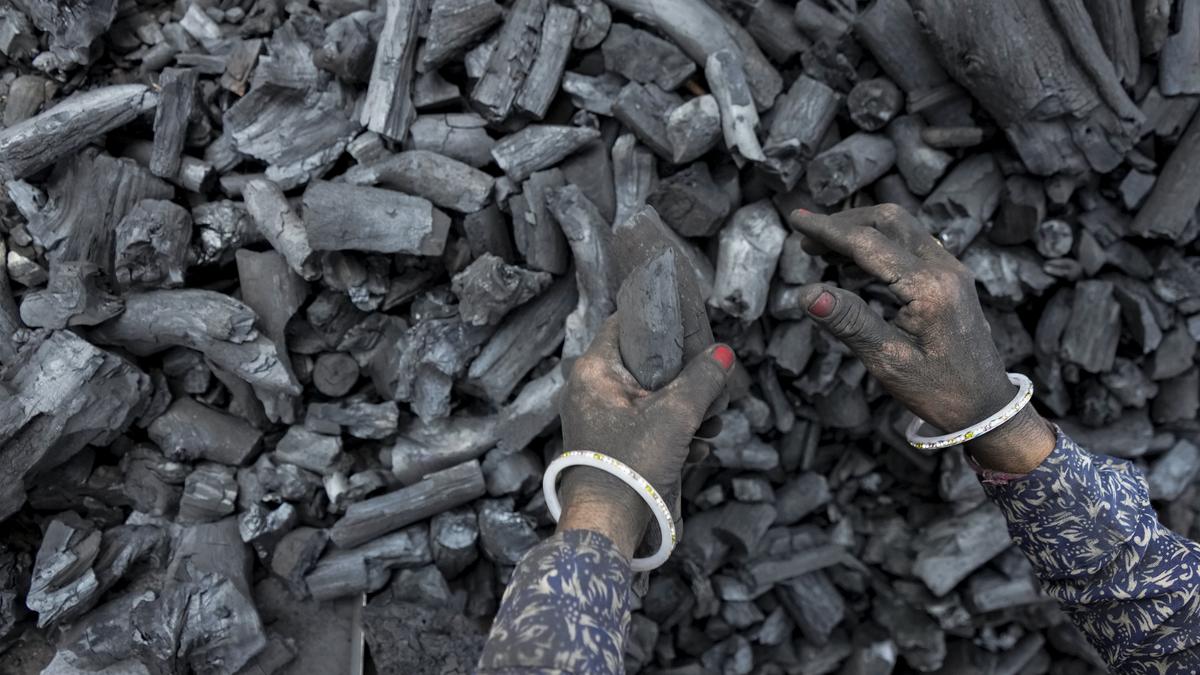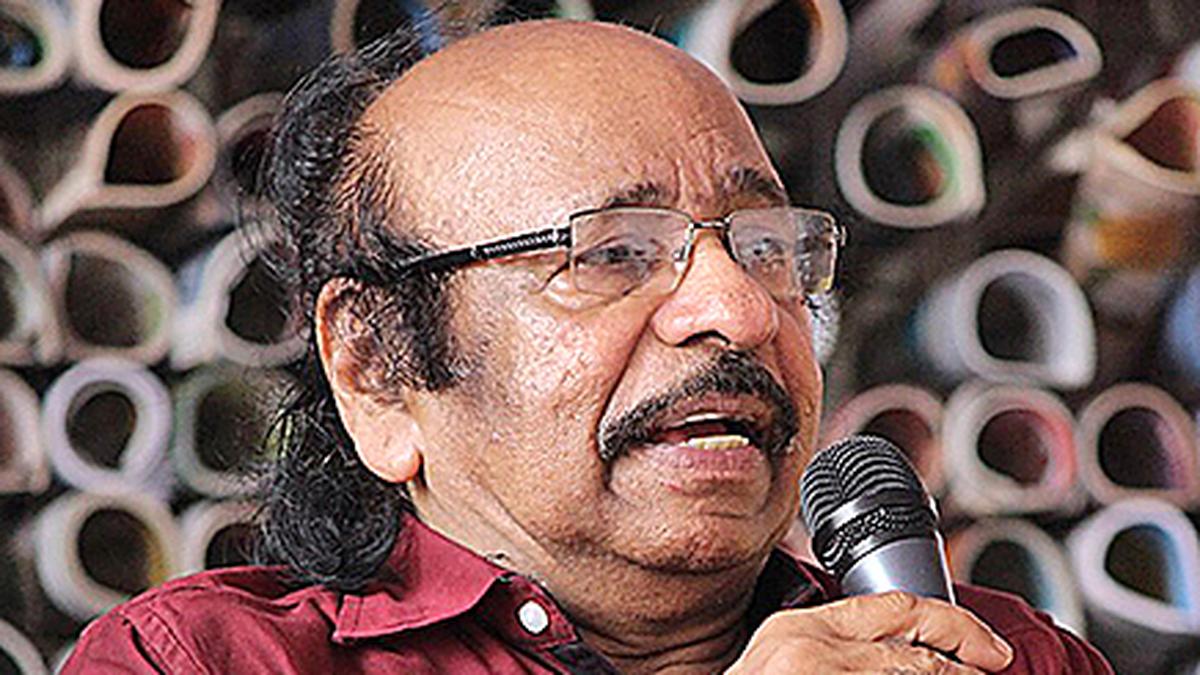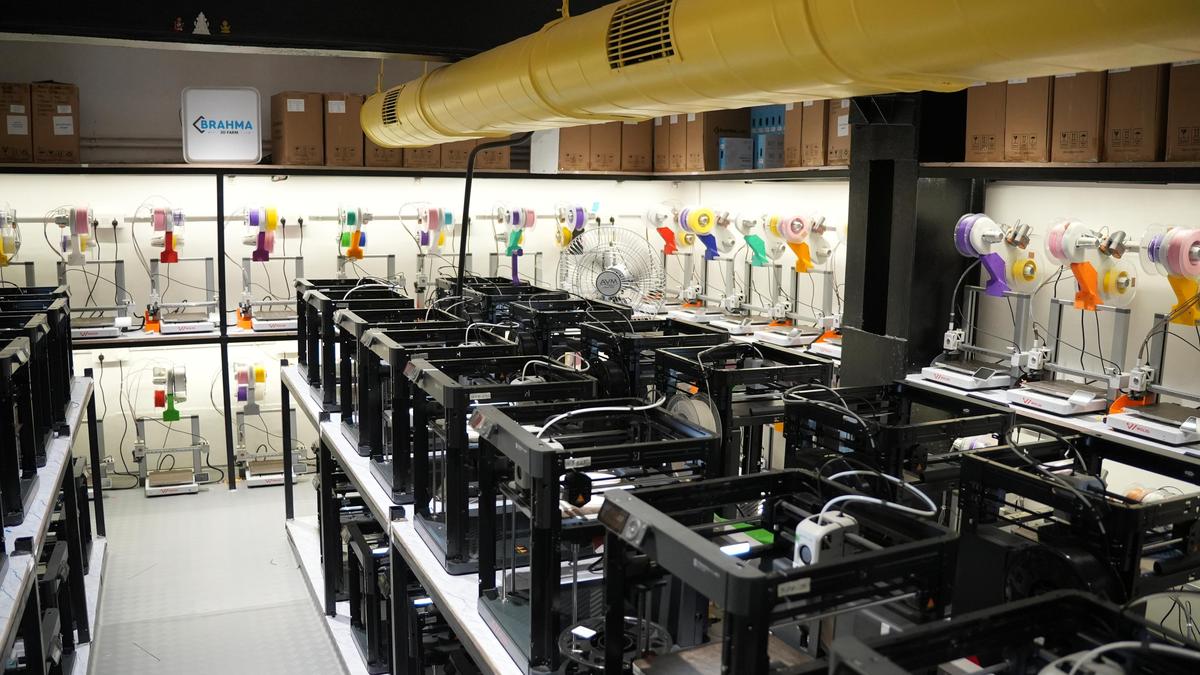Anupriya Singh Patel. File.
| Photo Credit: PTI
Trade in goods, including passenger vehicles, is one of the areas under the negotiations for a proposed free trade agreement between India and the U.K., Parliament was informed on December 9.
India and the U.K. have so far completed five rounds of negotiations for a proposed free trade agreement and both countries are working with an aim to conclude the talks at the earliest, Minister of state for Commerce and Industry Anupriya Patel said in a written reply to the Rajya Sabha.
India and the U.K. are negotiating a free trade agreement (FTA) since January 13, 2022.
Five rounds of negotiations have been held so far. Both sides are engaged and working together with the aim to conclude the negotiations at the earliest, she said.
“Trade in goods, including passenger vehicles, is one of the areas under negotiations based on overall package of gains and give-aways, which takes into consideration the ambitions and sensitivities of both the sides,” she said, adding the negotiations are currently underway.
In a free trade agreement, two countries either significantly reduce or eliminate customs duties on maximum number of goods traded between them. U.K. side is demanding duty concessions in the automobile sector.
Replying to a separate question, the Minister said that a letter dated September 8 from Tamil Nadu chief minister has been received requesting to immediately ban the import of single-use plastic cigarette lighters.
She also said that the matter has been examined by the Department for Promotion of Industry and Internal Trade in consultation with the Bureau of Indian Standards for notifying mandatory Indian Standards for Cigarette Lighters.
“Further, Department of Revenue has been advised to check the illegal imports, under-invoicing and mis-declaration while importing single-use plastic cigarette lighters,” she said.
Replying to another question, she said there is no shortage of potato and wheat in the country.
“Moreover, the import of potato and wheat is negligible. In so far as crude palm oil is concerned, India is dependent on its import to bridge the demand supply gap and the duty of crude palm oil has been made nil to ensure its availability at affordable prices,” she said.


